Here to Eternity
Six novels, by five women and one man, about grief and friendship, forgiveness and atonement, contend for the Booker Prize
 Nandini Nair
Nandini Nair
 Nandini Nair
Nandini Nair
 |
08 Nov, 2024
|
08 Nov, 2024
/wp-content/uploads/2024/11/Books1a.jpg)
Percival Everett
James| PERCIVAL EVERETT | Mantle | 320 pages | ₹750
Generations of school students in India have read Mark Twain’s The Adventures of Tom Sawyer. We know of Jim as the Black slave and little else. In Percival Everett’s James we see this man in all his struggle and resilience. James is both a powerful and a tender book. It pivots around the friendship of James, a slave on the run, so that he can save his daughter and wife, and Huck Finn who has feigned his own death to escape his brutal father. They share a rare friendship (which turns out to be more than that) where it is them against the bloodsucking and bloodletting white masters. James is different from other slaves because he can read, and more importantly, write. He must write his story so that we know the history of the hunted and not only the hunters.
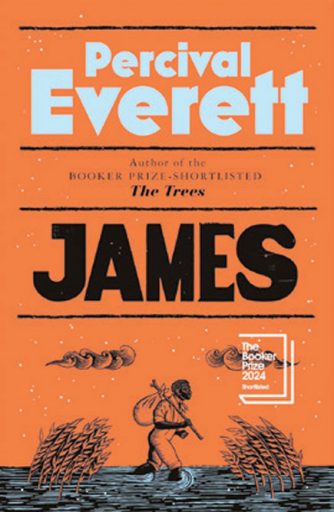
James reminds one of other pre–Civil War novels like Colson Whitehead’s The Underground Railroad, which too mapped the brutalities spelled out on the bodies and minds of slaves. But however much one might read about the atrocities of slavery, the scale of prejudice, violence and injustice never fails to rattle. In James we see a slave whipped and tortured and hanged to death. His crime? He ‘stole’ a pencil from his master. The Blacks must constantly pretend to be less than human to please their masters. They must ‘talk like slaves’ to keep the whites happy; “mumble sometimes so they can have the satisfaction of telling you not to mumble”. Huck asks James the fundamental question, “how can one person own another person”. To answer this question would be to upend the premise of slavery.
James is a power-packed novel because it spells out America’s most shameful history, and because it asks if there can be freedom without family. This is a story of cruelty, the strength of love over adversity, and the importance of anger. James must not only ‘befriend’ his anger, he must learn to ‘use’ it if he is to become free.
Having published over 30 books and having been shortlisted for the Booker f0r The Trees in 2022— Percival Everett, professor of English at the University of Southern California, could easily be the top contender this year, but the optics might not quite allow that.
Held | ANNE MICHAELS | Bloomsbury | 240 pages | ₹499
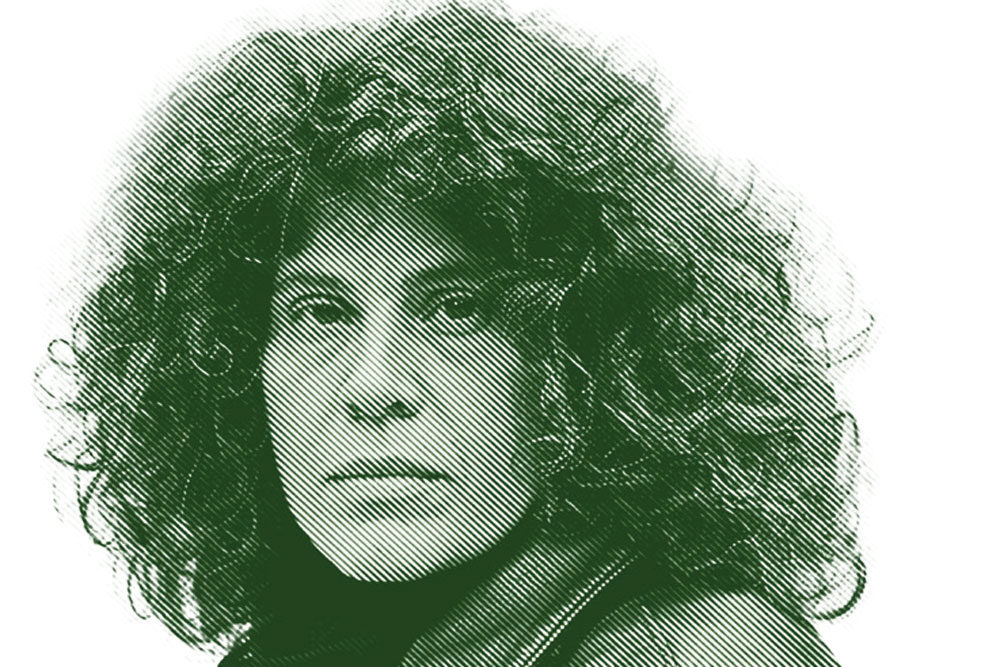
Moving from 1917 France to Estonia in 1980 to the Gulf of Finland in 2025, Held, by Canadian novelist and poet Anne Michaels can often be a tough book to get a grip on because of its fragmentary nature. Having served as Toronto’s Poet Laureate the book does feel like the work of a poet in the best way (the lyrical and episodic quality) and in more slippery ways (too much is left to interpretation). To read it is to disavow conventional narrative structures. We meet a handful of characters and are never too sure of their connections; there is John who was wounded in World War I, and Helena his artist wife, and Anna, their daughter who is a doctor. Anna’s daughter is Mara, a nurse. We also meet Alan, a war photographer. Even Marie Curie makes an appearance with her husband Pierre Curie. It seems two characters share the same name. With chapters moving back and forth in time you never quite know where you are, and to piece the story together would require forensics rather than comprehension. Real events, real people visit this book just as dreams, memories and ghosts do.
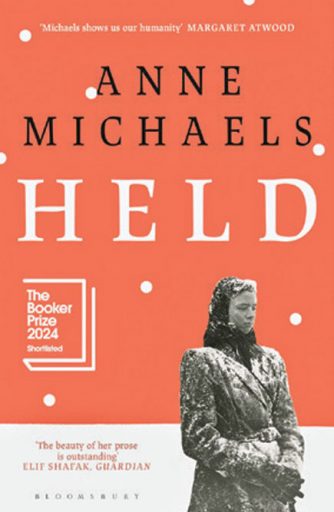
At Held’s heart lies the sentiment, “Loneliness is not emptiness but negation, with all its agonising precision, its absoluteness; exact, active; in every depth of detail, it is the inverse of love, the dark replica of love.” What happens to a person who undergoes an extraordinary situation, what happens when someone lives through war? How do you then start to live without war? How do grief and trauma tear asunder a human? Can one be pieced together after that? How do we hold onto faith, which we know but do not understand? How do we cherish science and technology when it seems to have some but not all the answers?
Many critics have hailed the book for its poetics, for its eschewing of character and plot for line and image. It has been celebrated for its pieces and echoes and quicksilver quality. The lay reader, however, might find that Held has too little to hold on to.
The Safekeep| YAEL VAN DER WOUDEN | Viking | 272 pages | ₹899
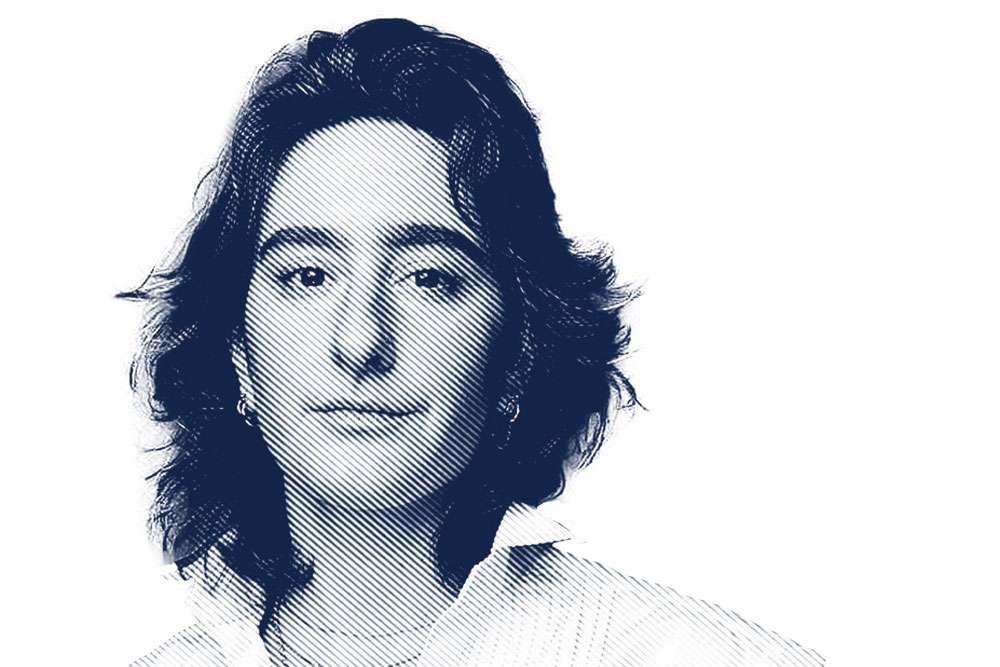
Yael van der Wouden is a writer and teacher in the Netherlands and The Safekeep is her debut novel. Unlike the other authors on the shortlist who are known for their body of work, Wouden is a new voice.
The Safekeep is a curious novel where the action is slow in coming, and when it does it throws a fistful of surprises. Isabel has two siblings (one is a serial dater and the other is homosexual at a time when those relationships were still frowned upon) and lives alone in a mansion in a rural Dutch province.
The novel opens in the Netherlands in 1961, where World War II is in the past, but all has not been forgotten and much still needs to be healed. The habit of living alone has made Isabel punctilious to a fault, she spends her time counting forks, cleaning cutlery and suspecting the help. We are told early in the novel, “She belonged to the house in the sense that she had nothing else, no other life than the house, but the house by itself, did not belong to her.”
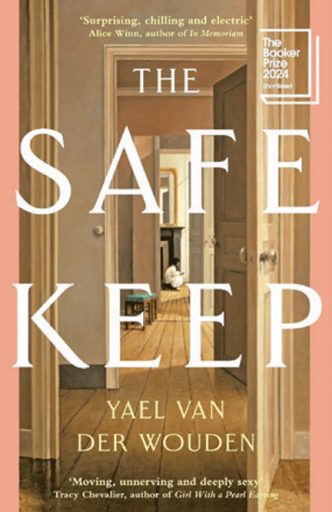
But all the order and discipline are upended when her brother Louis declares that his latest girlfriend Eva is to be Isabel’s houseguest. From the very start, the two are like fighters in a ring, and all is set for a roaring brawl. Initially Eva seems like a house guest from hell, who insists on sleeping in Isabel’s dead mother’s room and refusing to move to the guest room. The antagonism soon evolves into something else altogether and the reader sees it all in graphic detail, blow by blow, slurp by slurp.
When Isabel discovers that Eva is pilfering from her, she immediately evicts her but keeps her diary. Eva’s diary reveals that there is much more to her than a ditzy girl with peroxide blonde hair who seems to be mooching off a man.
Through a twisty plot, The Safekeep is a novel about finding connections in a broken world. It is a novel that in a gentle but powerful way shows what the Jewish community in the Netherlands went through during the World War and after. It is a novel that underscores how the deeds and misdeeds of the past live on. It interrogates the meaning of home and ownership and belonging. It forces one to ask what is one’s own and what is borrowed, and, more importantly, what is stolen. It shows how amends can be made, but how some follies of the past can never be covered up.
Stone Yard Devotional | CHARLOTTE WOOD | Sceptre | 320 pages | ₹1,450
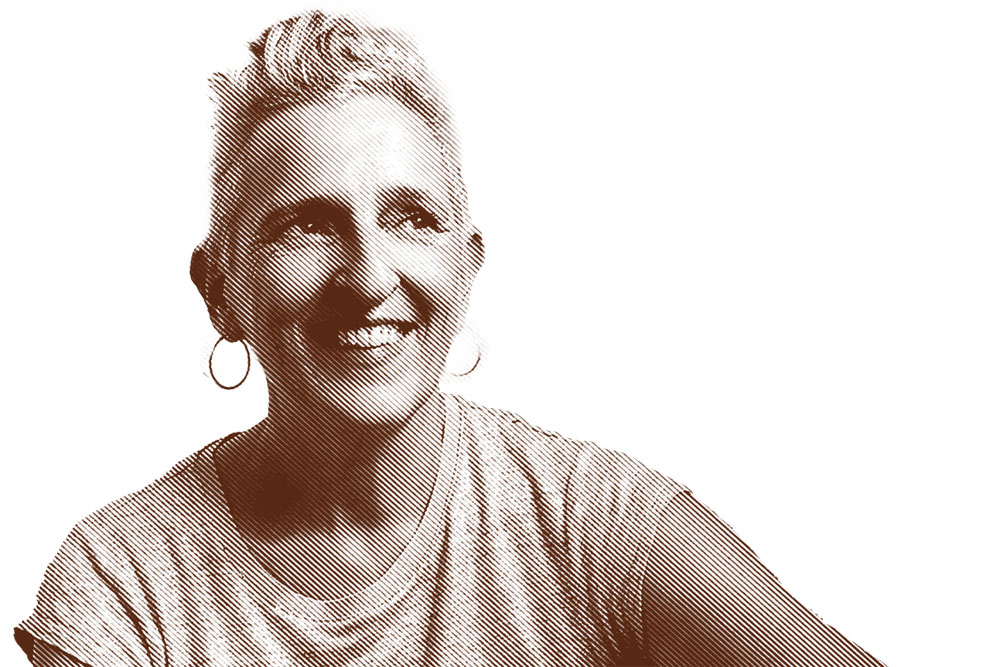
Sydney-based Charlotte Wood is the author of seven novels and three works of non-fiction. Stone Yard Devotional is the most woman-centric novel on the list as the sole male character stays very much on the periphery. Told in the first person it takes us into the life and mind of a middle-aged woman narrator who has spurned her ties and responsibilities in Sydney to join a religious community in New South Wales, without telling or warning anyone. She has come to this retreat, located where she grew up, not for reasons of religion but for escape.
Her relationship with her partner has ended and she is dealing with the loss of her parents in quick succession, “not together though close enough in time…to fuse into a single catastrophe.” Realising that “action is the antidote to despair” (and after some time spent in languor) she immerses herself in the chores and routines of the community, cooking, cleaning, scrubbing and wonders how she can explain to anyone from her past life that this servitude fills her with peace. But in this place of “refuge, of steadiness” and “not agitation” changes begin to occur.
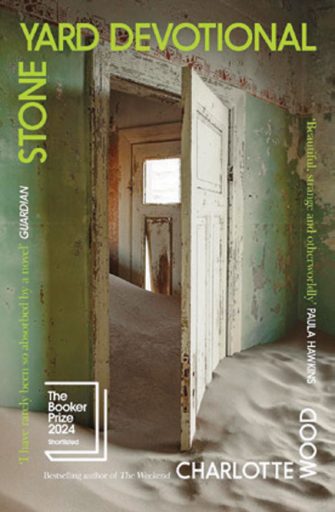
The first is a plague of mice. The mice infestation, described in skittering detail, (where mice cannibalise their own) will set the teeth of many readers on edge. And then the community is informed that the bones of Sister Jenny (long assumed to have been murdered overseas) are finally to return escorted by Helen Perry, who the narrator knew as a classmate. The novel is set when the borders are shutting, Covid is rising, and the commune starts to feel even more enclosed and isolated. The combined visitation by the rodents, bones and Helen propels the novel ahead.
If the narrator is grappling with the death of her parents whom she loved, and more importantly, trusted, she is also trying to make amends with the cruelties she executed in her own past. Stone Yard Devotional is about correcting histories, personal and societal. Histories that said no Aboriginal people had ever lived in these towns. Histories that did not acknowledge that all families have subterranean lives. That absent mothers may not be bad mothers, they might just be unwell mothers. Stone Yard Devotional tells us that life is not about surrender to a greater god or succumbing to blind faith, instead life is about “Something austere, and momentous, and powerful. Close attention, hard thinking.”
Creation Lake| RACHEL KUSHNER | Jonathan Cape | 416 pages | ₹799
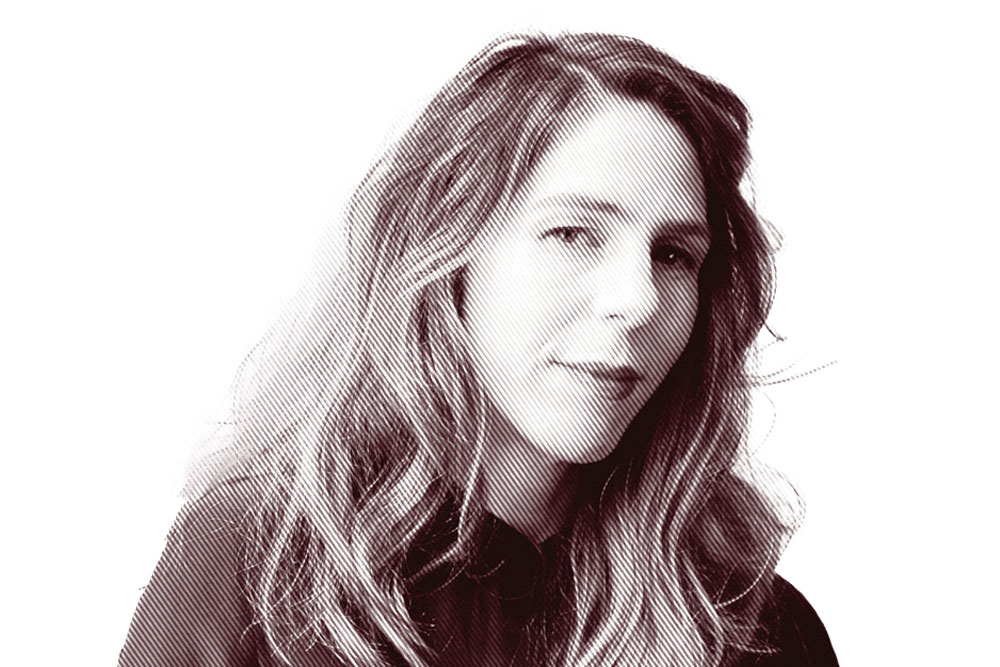
American author Rachel Kushner is one of the most recognisable names on the shortlist along with Percival Everett. She is known for her “effortless intellectual penetration,” where she can be both deep and funny. The writer of novels, short stories and essays, she was longlisted for the Booker Prize in 2018 for The Mars Room.
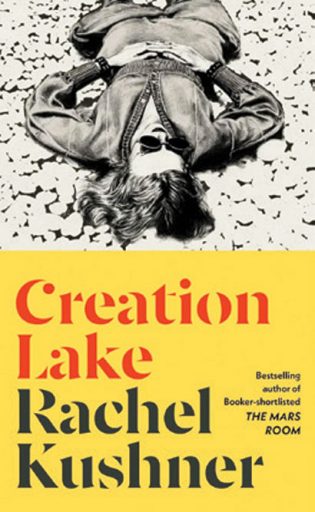
Set in rural France, Creation Lake stars a ruthless American undercover agent Sadie Smith. Her mission—to subvert the attempts of a radical commune of eco-activists. She doesn’t let her emotions come in the way of her work and has no qualms over framing a callow man (who thinks they are in love) into buying 500 pounds of fertilizer for bomb making. Sadie Smith is up against Bruno Lacombe living in self-imposed exile in caves in Southern France, here he is obsessing over Neanderthal extinction. Sadie and Bruno never meet, but their imagined exchange provides the fulcrum of the book.
Celebrated as a novel of ideas, Creation Lakes is both ideological and humorous, and shows that eco-terrorism continues to be a trendy theme for authors today.
Orbital | SAMANTHA HARVEY | Vintage | 144 pages | ₹550
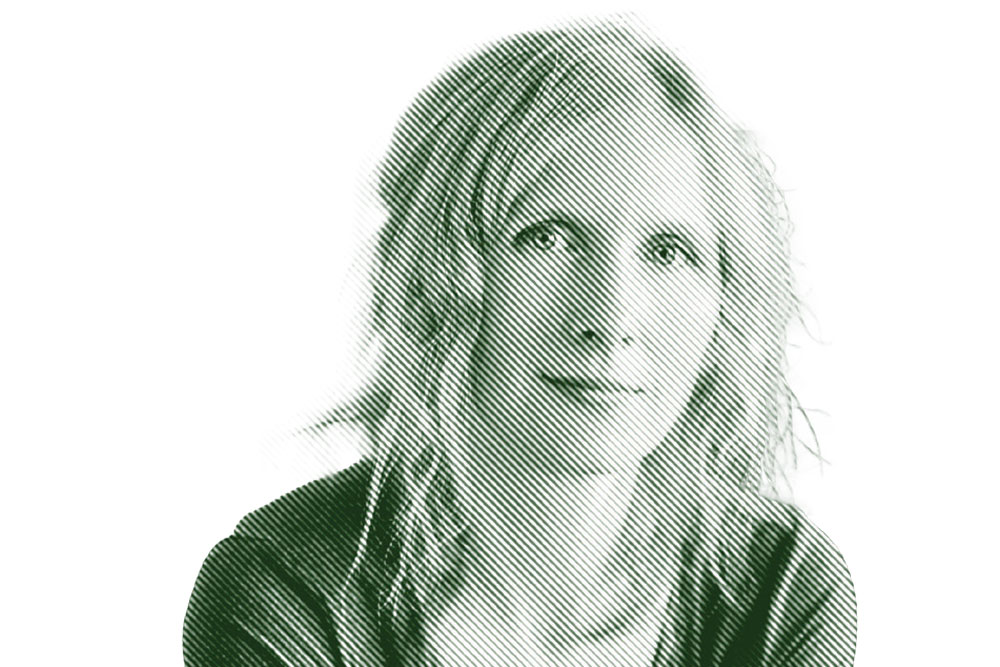
Orbital is UK-based author Samantha Harvey’s fourth work of fiction. She was longlisted for the Booker Prize for The Wilderness in 2009. She is also the author of the nonfiction book The Shapeless Unease: A Year of Not Sleeping which deals with the author’s battle against insomnia.
Orbital feels like a waking dream because it is entirely set in space. It is literally otherworldly but it is never disorienting. The author tethers the reader while allowing her to soar into space. The book is set around four astronauts (American, Japanese, British and Italian) and two Russian cosmonauts who are suspended at an International Space Station.
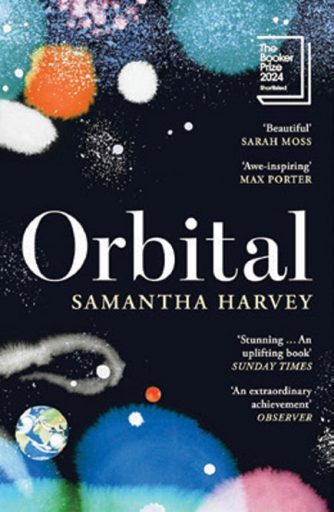
The crew learns that the Japanese woman astronaut’s mother has died back on Earth. The news forces them to reckon with bereavement and trauma miles and miles away from home. At the start of their mission each of them misses their family, but with time they realise that the family they now have is those around them, those who share this unique time with them and experience what they do, which only a handful of humans have known.
The novel doesn’t have much of a plot, but it uses the distance from Earth to see the Earth anew. It is filled with lines that sparkle like stars on a mountain night. From space, the astronauts see a tornado approaching land and while they are filled with concern for those below, they also perceive the fragility and resilience of the planet. They see an entire planet “shaped by the sheer amazing force of human want…a planet landscaped and contoured by want”. From space the only visible border is between sea and land, and the awareness that people fight and kill over manmade borders creates an odd dissonance for these voyagers. This slim novel offers readers a pithy and luminous reminder that “our lives here are inexpressibly trivial and momentous at once…Both repetitive and unprecedented. We matter greatly and not at all.”

/wp-content/uploads/2024/12/Cover_Double-Issue-Spl.jpg)







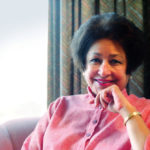


More Columns
Sensex Or Gold: Which Will Hit The 1-Lakh Mark In 2025? Short Post
Moscow's Misdirection on Azeri Plane Crash Sudeep Paul
Consumption gap between rural and urban India fell in 2023-24: Survey Open